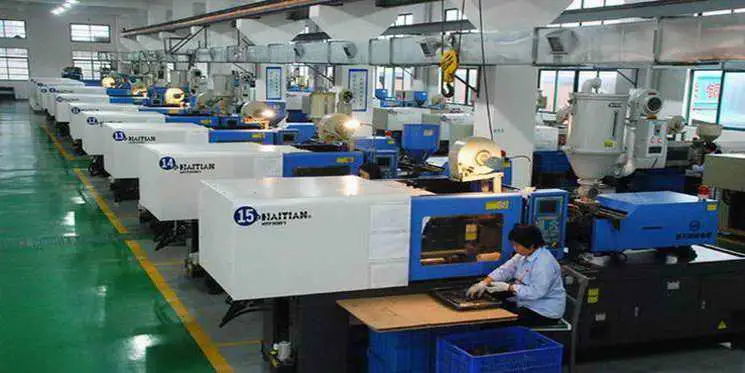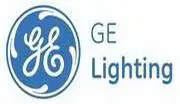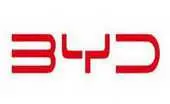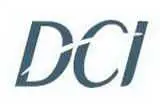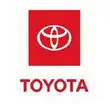What is PVC (Polyvinyl Chloride), and what are its characteristics and uses?
PVC is one of the earliest industrially produced plastic varieties and is one of the most important types of ethylene-based polymers. The quantity of PVC produced by plastic manufacturers is second only to PE, making it the second-largest category of plastics. There are four main methods for industrial PVC production: suspension polymerization, emulsion polymerization, bulk polymerization, and solution polymerization. Among them, suspension polymerization produces PVC with good quality and low cost, making it the primary method for PVC production.
PVC is a white powdery granule with a density of 1.35~1.45g/cm³. Due to its high chlorine content in the structure, PVC has self-extinguishing properties. The large molecular chain of PVC contains polar atoms, resulting in greater intermolecular forces compared to PE, thus providing slightly higher strength and hardness than PE. PVC has a relative molecular weight of 30,000 to 100,000, with a linear amorphous structure. The molecular weight significantly affects processing and the performance of molded parts. A higher molecular weight requires higher pressure and temperature during processing to meet flow requirements, increasing processing difficulty but improving mechanical strength of the product.
Although PVC has poor thermal stability and light resistance, with a softening temperature close to the decomposition temperature, various stabilizers and plasticizers need to be added during processing. PVC softens at 70~80°C, melts at 150~170°C, and decomposes above 190°C, releasing toxic hydrogen chloride. Different amounts of plasticizers can produce rigid PVC and flexible PVC. PVC exhibits good electrical insulation properties, good damping properties, and is cost-effective. However, its poor thermal stability leads to varying degrees of decomposition when heated, and plasticizers in flexible PVC products may migrate, making them sensitive to deformation and hardening at low temperatures.
PVC is widely used in highly corrosive chemical equipment or in the production of containers and pipelines for various chemical substances, for storing and transporting corrosive gases and liquids. By adding suitable stabilizers to rigid PVC and selecting appropriate manufacturing processes, durable sewer pipes, fire-resistant or flame-retardant window frames, and decorative materials can be produced. Artificial leather made from flexible PVC has excellent corrosion resistance and flexibility, suitable for making sofas, boxes, travel bags, chairs, among others. Flexible PVC is also used in manufacturing hoses, films, daily necessities, and wire insulation.

